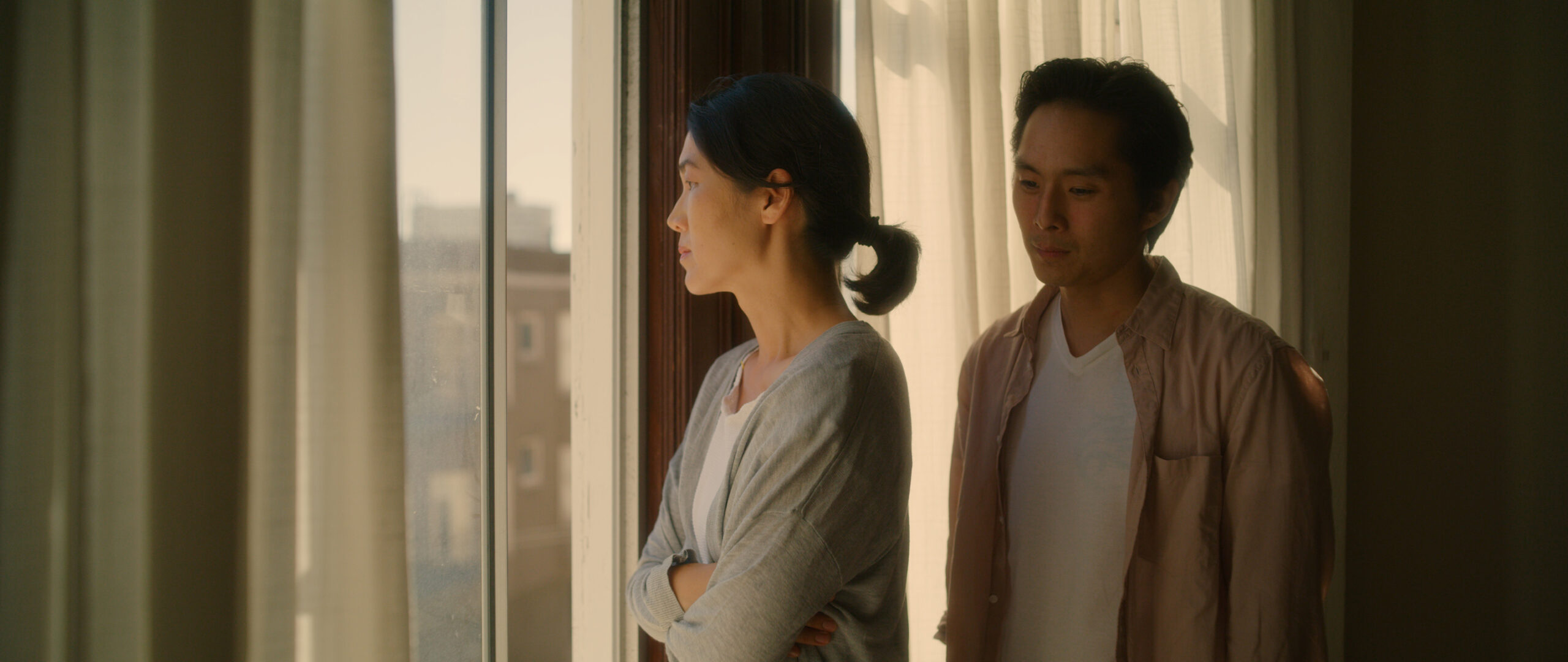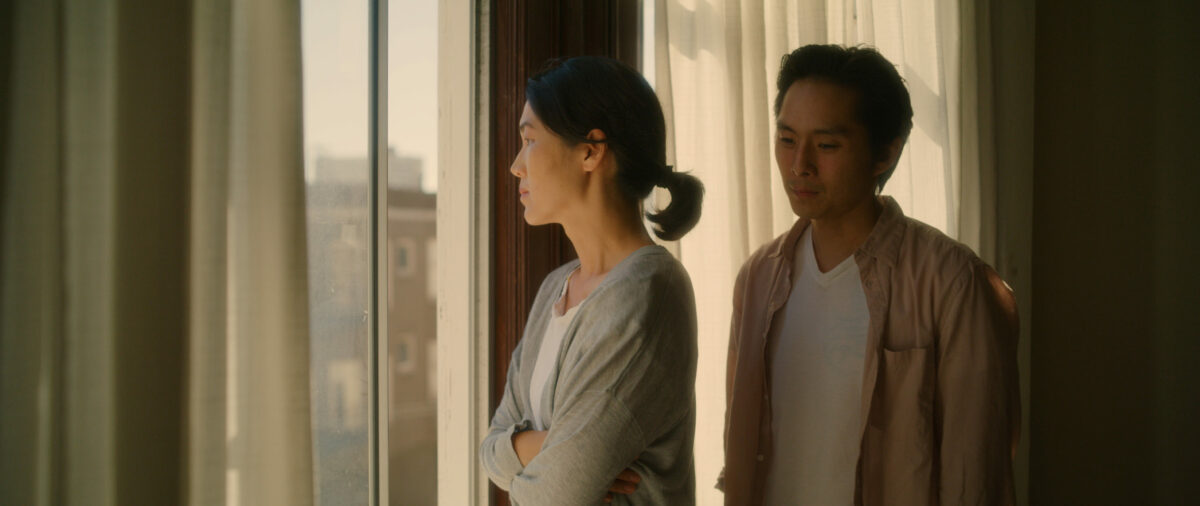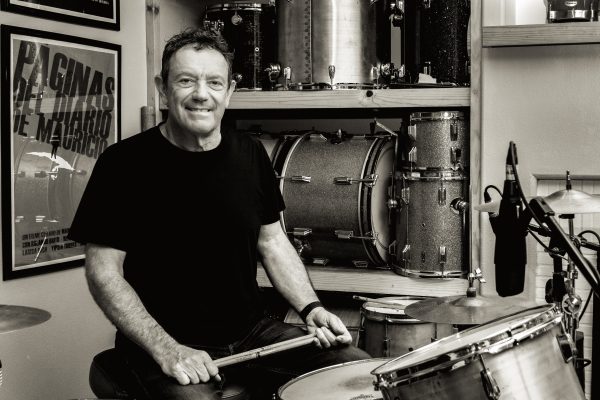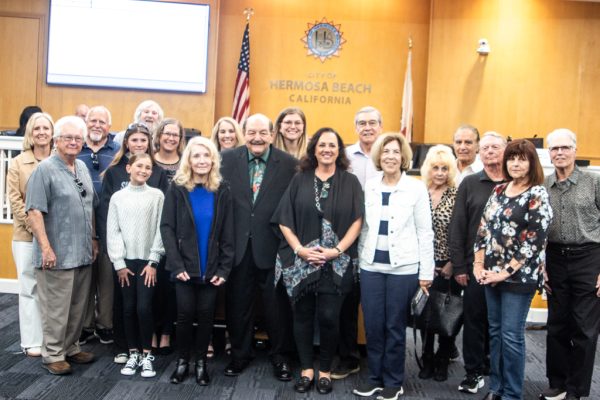
“Coming Home Again” is thoughtful film based on a personal essay written by Chang-rae Lee and adapted to the screen and directed by Wayne Wang, best known as the director of “Chan is Missing” and “Joy Luck Club.” Wang has painstakingly constructed the familial relationship between Chang Rae and his mother that unwraps their long and complicated relationship, a relationship in which his father and sister were only marginal players.
Complexity is in full bloom as Chan Rae is on a leave of absence from a lucrative Wall Street job. When he informs the family that he intends to make it permanent, no one is happy. His real desire, said only briefly and in passing, is to write. This, he knows, will please no one in his family.
His return home to care for his mother who is dying of stomach cancer is complicated. Through a series of flashbacks we learn that Chan Rae was set on a career path of excellence and achievement when he won a scholarship to Exeter, the high profile, elite prep school that will open doors for him that would have been closed had he stayed at his local high school in San Francisco. His mother, clearly the driving force in this family, had given up her own possibilities when she married her husband and she was determined that her son would have those opportunities even if it meant leaving home and family, something clearly contrary to Korean family tradition.
Time frames within this film are blurry and the undefined beginning and end work to its advantage because focus on the small events that transpire offer a necessary window into this relationship. Wang has structured his so-called “Non-Narrative” around the making of a final family meal for Korean New Year’s Eve. Food has been all important in the relationship he has with his mother. This is Chan-rae’s opportunity to show his respect and love by carefully recreating the family meal she made every New Year’s Eve.
As Chang-rae prepares the short ribs and accompanying dishes he is propelled into flashbacks of family dynamics, some of which are painful to remember. But it is an act of love, contrition, confession that reflects both the past and the future. Like so many families the bond is deep but scarred.
Justin Chon as Chan-rae is thoughtfully intense. He conveys character in both the way he wields a kitchen knife as well as his short, intense conversations with his mother. Jackie Chung as his mother is serenely intense, something that sounds like a contradiction in terms but only heightens the depth of her control over her son. Her face conveys all the compromises she has made in life, none of which were greater than pushing her son to leave home at an early age to pursue a possible life-changing path.
Chang-rae Lee, both the author of the essay and the subject of the film, has had an outstanding career as both a writer and an academic at Stanford. Wang, in perfect sync with Lee, has intertwined flashbacks in such a way that they deepen the understanding of Chang-rae and focus the audience on what is and has been important to the character. This, however, comes at a price as there is no action to propel the story forward. Some, unaccustomed to the use of silence as a narrative technique will find this to be a painfully slow film, akin to watching grass grow. This is both a legitimate criticism and a test of the need to slow down and appreciate the little things. Some will appreciate the pace as thoughtful; others not so much. It’s still worth your while to spend 90 minutes contemplating the complexity of family relationships.
Opening Friday October 23 at the Laemmle Theatres as part of their Virtual presentations.











